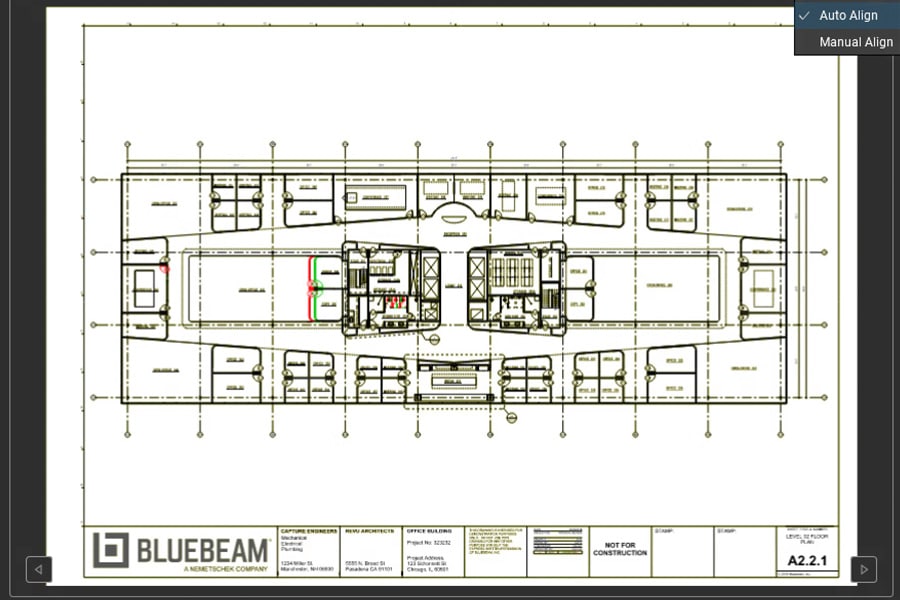Energy transitions in the oil and gas sector
The UK has been producing onshore oil and gas for more than 150 years, with offshore production in its sixth decade. As the country attempts to reduce the carbon impact of its energy mix, there have been calls to make oil and gas construction more efficient.
This journey toward a more efficient industry has its challenges, with its own requirements around compliance, asset management and decarbonisation. Fortunately, digital collaboration software can minimise the effects on business operations.
Harnessing digital transformation and collaboration
The oil and gas sector has ambitious commitments through the North Sea Transition Deal to reduce emissions by 10% by 2025 and overall net zero by 2050. Oil and gas project management software and other digital solutions are one of the most cost-effective ways to improve efficiency and reduce waste.
Bluebeam recently surveyed customers in oil and gas construction and found that software could bring significant improvements, with 82% of respondents saying they had saved time on projects, 88% improved work quality and 76% saw improved efficiency.
One of the main reasons for this was the improved communication across construction teams. Functions such as customisable profiles and markups for oil and gas projects and an ability to track project changes among team members were cited as key benefits.
For example, using Bluebeam allows teams to have full visibility of project information, with detailed reporting that includes automatic tracking of comments, status updates and changes.
The process of standardisation within toolsets also means that future projects will be completed quicker, with teams able to set up oil and gas pipeline construction procedures that suit their own approach.
Managing compliance and mitigating risk
Fossil fuel interests are expected to be a key part of COP28 in November, and in the UK oil and gas construction is dealing with an increasing number of regulations. This includes additional reporting as part of ESG (environmental, social, governance) commitments.
With policies such as the need to quantify emissions introduced so the industry can more easily understand and minimise the carbon impact of its activities, project operators are being urged to look at digital solutions to improve processes and data collection.
Software like Bluebeam can help track progress and bring teams together more easily, reducing the risk of mistakes so oil and gas construction projects are complete quicker, to a higher standard and with minimal need for rework.
When paired with other digital solutions, such as Solibri, it can offer comprehensive quality assurance checking to ensure those regulatory needs are being met.
Accelerating end-to-end construction processes
Oil and gas construction is a 24/7 process, with projects taking place over several intensive weeks. Every day lost adds cost to the project and has a potential impact on operator profits, thanks to the relative volatility of oil pricing.
Digital software can streamline projects, increasing the speed of tasks such as leak tests, line walks and P&ID reviews to estimations, site logistics and handovers. This reduces the risks of delays and issues that have major effects on deadlines.
With oil and gas construction projects often located in remote locations, software also enables project teams to keep up to date from anywhere, saving time and money on travel costs and ensuring that the right people can be brought together whenever they are needed.
The right software can help oil and gas companies work more efficiently and competitively. To find out how Bluebeam can help you on your journey, click here.














